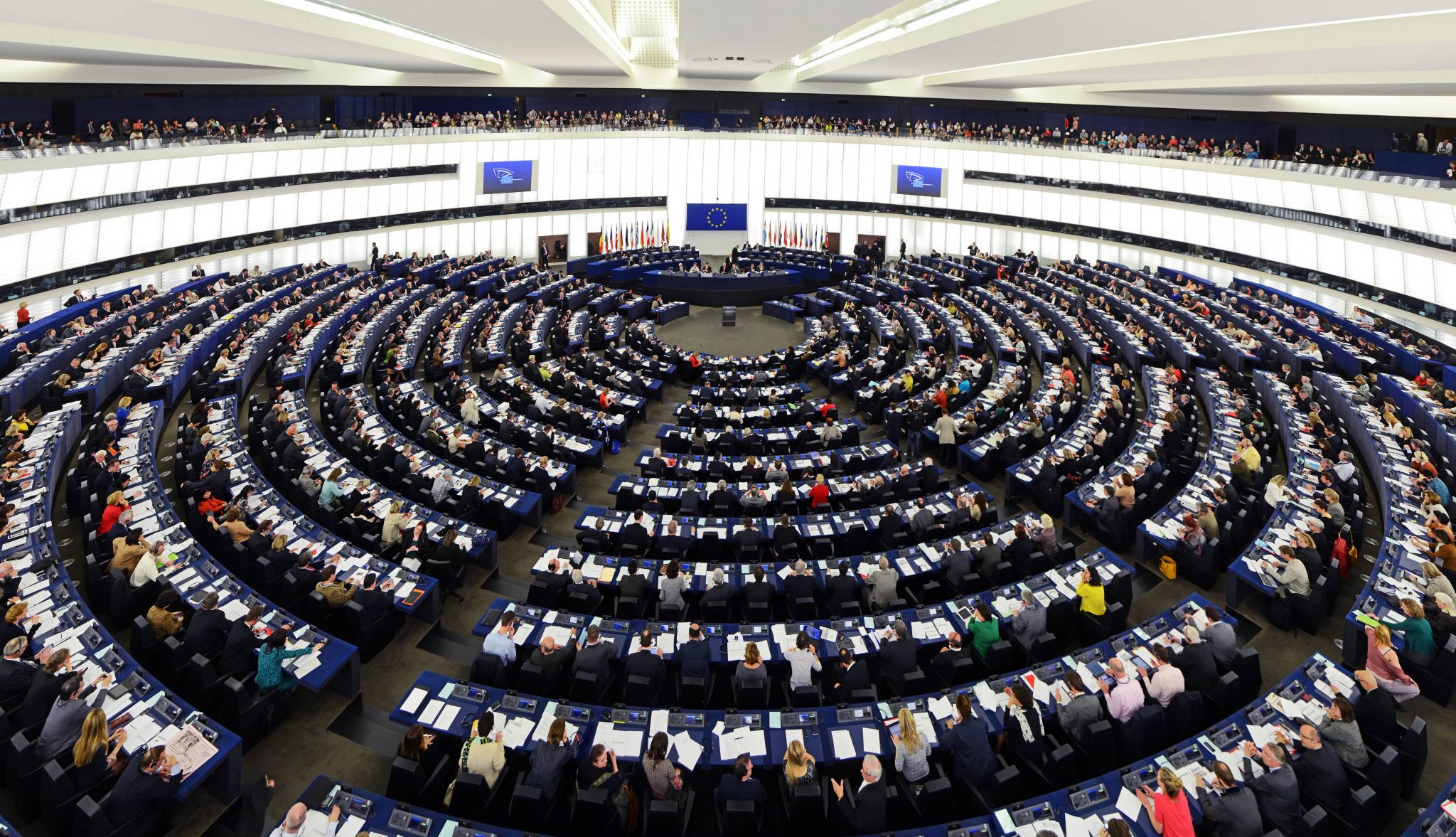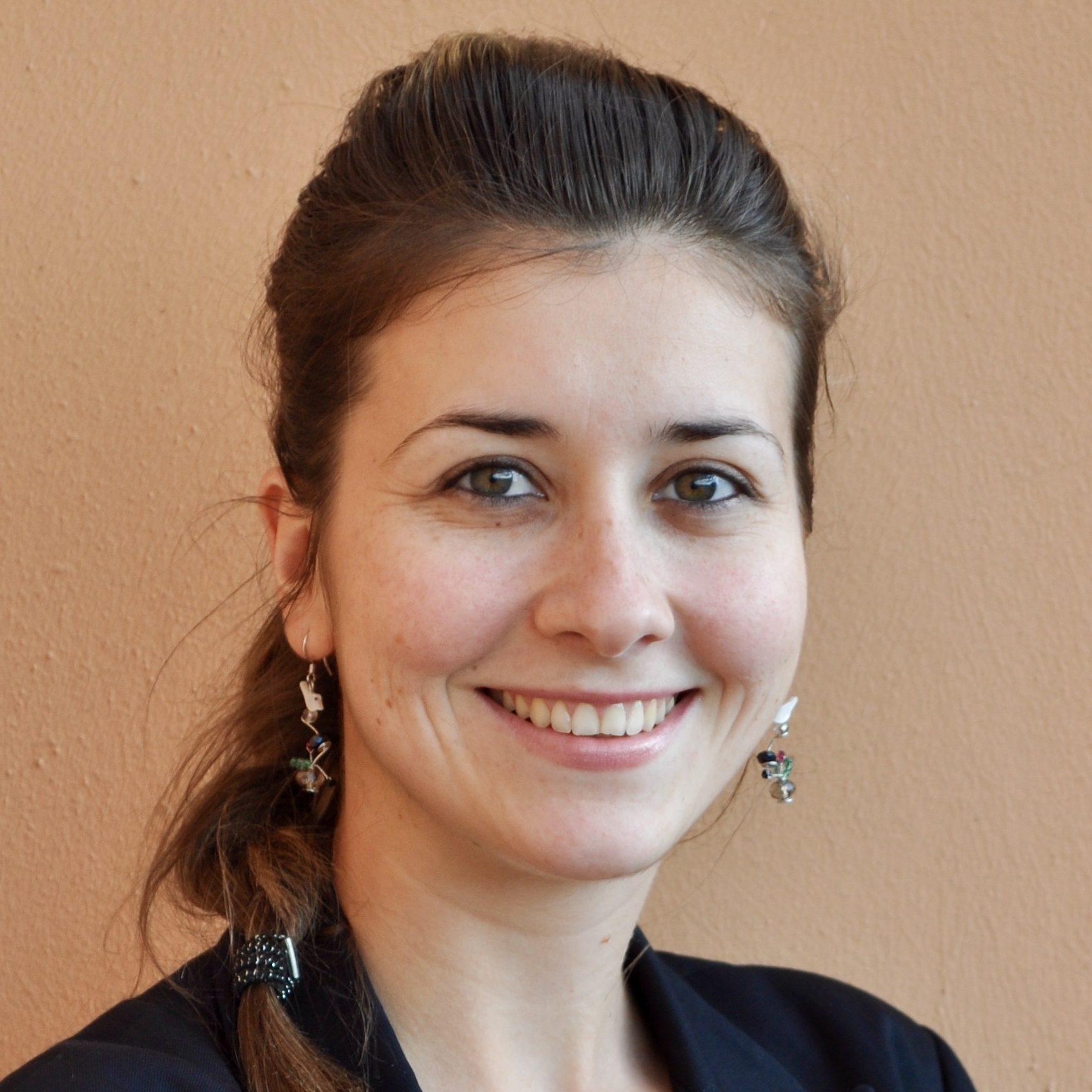Program Manager Nad’a Kovalcikova spoke to Dutch newspaper Het Financieele Dagblad about China’s disinformation efforts in Europe during the coronavirus pandemic, as well as reports that an EEAS report on this disinformation was toned down under pressure from Beijing. Below is a summarized translation of the Dutch text.
“China wants to deflect attention from its own sluggish reaction to the coronavirus”
by Mathjis Schiffers in Het Financieele Dagblad
Chinese and Russian state-backed disinformation are becoming more similar, says Nad’a Kovalcikova in an interview with Het Financieele Dagblad. “There was always a lot of attention on Russia sowing chaos and distress. What China does now is comparable,” says Kovalcikova.
But the intentions of China’s state-backed disinformation campaigns go beyond dividing European societies. “The Chinese Communist Party seeks to raise China’s international profile. It wants to deflect from its own sluggish initial reaction to the coronavirus and from open questions that China may be withholding important information.”
The channels through which disinformation is spread are becoming more diversified, says Kovalcikova. “Disinformation is often spread through the big social media platforms like Facebook, Twitter or Google. But we noticed that platforms that are a bit less visible, such as Reddit, 4chan, and Snapchat are also being used a lot now.”
While the EU and social media companies have started to up their game in the fight against disinformation, more can still be done. Social media companies should make sure “to systematically remove inauthentic content.” EU leaders should address their national constituencies more frequently. “The public feels disconnected from the decision-makers in the ‘Brussels bubble.’ This created a gap that confusion and propaganda can easily fill.”


